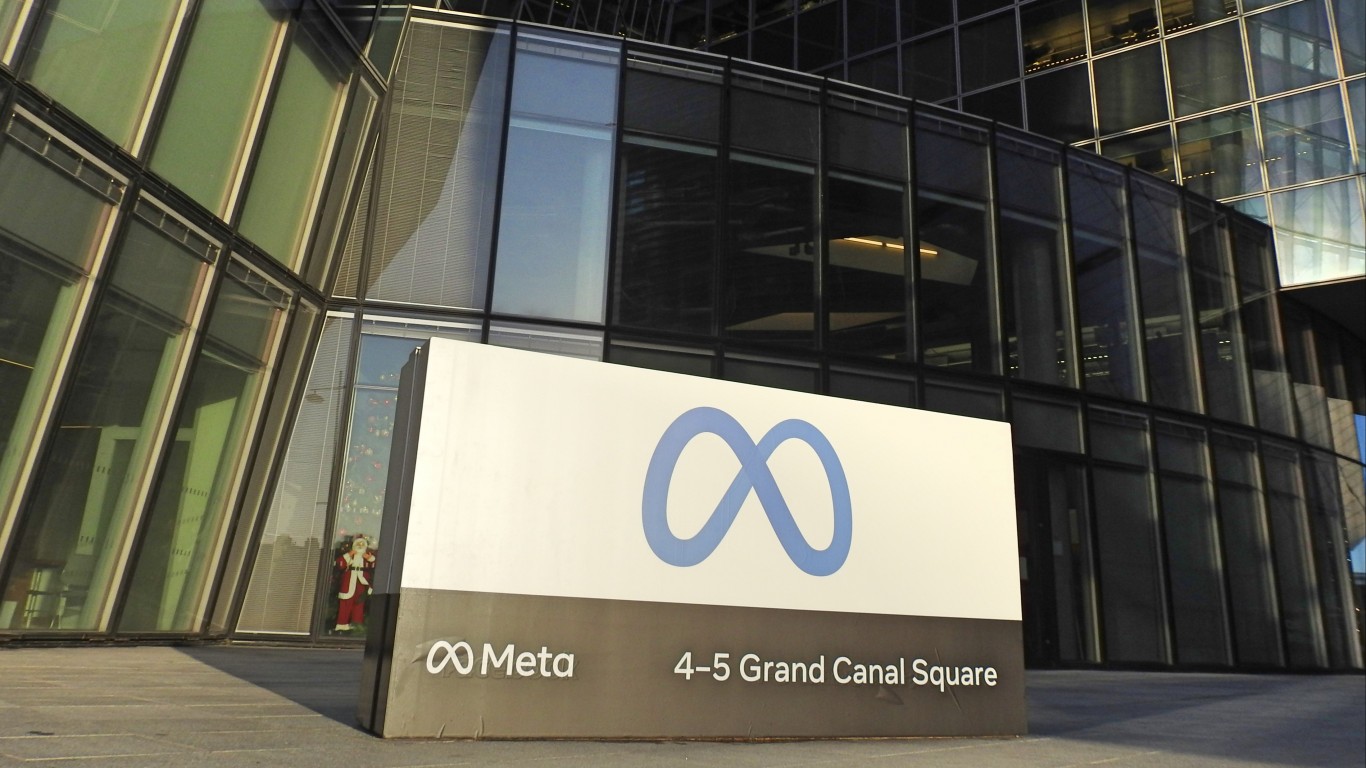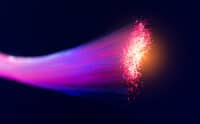

The hedge fund manager—once a major player—cites Apple’s heightened valuation and the threat of Chinese retaliation.
From a letter to investors snagged by CNBC:
“We ultimately sold because our differentiated thesis from 2011 has become consensus,” Einhorn said. “We are somewhat worried about Chinese retaliation against America’s trade policies” …
Since Greenlight’s first purchase of Apple in May 2010, the firm said its investment earned clients over $1 billion. Apple shares skidded after his announcement, down 2.4 percent.
Greenlight has had a painful year and that did not slow down in the third quarter. The firm lost an additional 9.1 percent in the most recent quarter – bringing Greenlight’s total losses for the year to 25.7 percent, the letter said.
My take: Sounds like Greenlight needed the cash. I remember when Einhorn sued Apple in 2013 to unlock that cash. From What exactly does David Einhorn want from Apple?:
David Einhorn, the 44-year-old founder of Greenlight Capital and the author of Fooling Some of the People All of the Time, is a complicated guy. He’s a billionaire hedge fund manager who made a killing shorting Lehman Bros. and Allied Capital, finished 18th in the World Series of Poker, almost bought a piece of the Mets, tried to force Microsoft to fire Steve Ballmer, paid the second largest individual fine in U.K. history for alleged insider trading and has donated heavily to charitable causes — including the Michael J. Fox Foundation and the Democratic Party.
He also own[ed], through Greenlight, a big stake in Apple — 1.09 million shares as of September [2013], down from 1.45 million three months earlier. And like many major Apple investors who have watched the value of their holdings drop 35% in the past four months, he looks at the company’s $137 billion in cash and marketable securities and feels it burning a hole in his pocket. On Thursday, he issued an open letter to Apple shareholders.
What does he propose? He wants Apple to create a perpetual preferred stock — a kind of extra special dividend — that would be distributed at no cost to Apple’s existing shareholders, like him.
Apple rejected Einhorn’s special dividend scheme, but the buybacks the company had initiated the year before—and which has since speeded up 10-fold—ended up having the same effect.

Thank you for reading! Have some feedback for us?
Contact the 24/7 Wall St. editorial team.



